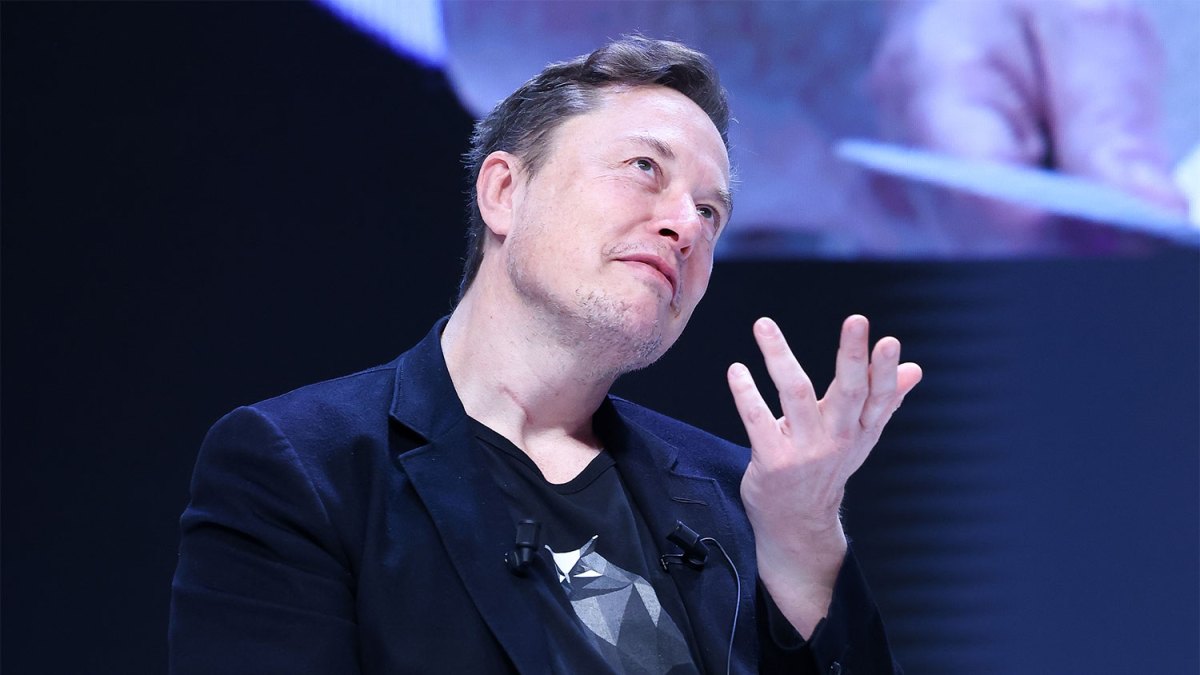Elon Musk’s xAI lands $6B in new cash to fuel AI ambitions
xAI, Elon Musk’s AI company, has raised $6 billion in a Series C financing round.
The company announced this week that Andreessen Horowitz , Blackrock, Fidelity, Lightspeed, MGX, Morgan Stanley, OIA, QIA, Sequoia Capital, Valor Equity Partners, Vy Capital, Nvidia, AMD, and others participated.
Kingdom Holdings, the Saudi conglomerate holding company, invested roughly $400 million in the round, according to a public filing. The filing also revealed that xAI is now valued at $45 billion, close to double its previous valuation.
The new cash brings xAI’s total raised to $12 billion, adding to the $6 billion tranche xAI raised in May.
According to the Financial Times, only investors who’d backed xAI in its previous fundraising round were permitted to participate in this one. Reportedly, investors who helped finance Musk’s Twitter acquisition were given access to up to 25% of xAI’s shares.
“xAI’s most powerful model yet … is currently training and we are now focused on launching innovative new consumer and enterprise products,” xAI said in a statement. “The funds from this financing round will be used to further accelerate our advanced infrastructure, ship groundbreaking products … and accelerate … research and development.”
Ramping up AI
Musk formed xAI last year. Soon after, the company released Grok, a flagship generative AI model that now powers a number of features on X, including a chatbot accessible to X Premium subscribers and free users in some regions.
Grok has what Musk has described as “a rebellious streak” — a willingness to answer “spicy questions that are rejected by most other AI systems.” Told to be vulgar, for example, Grok will happily oblige, spewing profanities and colorful language you won’t hear from ChatGPT.
Musk has derided ChatGPT and other AI systems for being too “woke” and “politically correct,” despite Grok’s own unwillingness to cross certain boundaries and hedge on political subjects. He’s also referred to Grok as “maximally truth-seeking” and less biased than competing models, although there’s evidence to suggest that Grok leans to the left.
Over the past year, Grok has become increasingly ingrained in X, the social network formerly known as Twitter. At launch, Grok was only available to X users — and developers skilled enough to get the “open source” edition up and running.
Thanks to an integration with the open image generator Flux, Grok can generate images on X (without guardrails, controversially). The model can analyze images as well, and summarize news and trending events (imperfectly, mind).
Reports indicate that Grok may handle even more X functions in the future, from enhancing X’s search capabilities and account bios to helping with post analytics and reply settings.
xAI is sprinting to catch up to formidable competitors like OpenAI and Anthropic in the generative AI race. The company launched an API in October, allowing customers to build Grok into third-party apps, platforms, and services. And it just launched a standalone Grok iOS app to a test audience.
Musk asserts that it hasn’t been a fair fight.
In a lawsuit filed against OpenAI and Microsoft, OpenAI’s close collaborator, attorneys for Musk accuse OpenAI of “actively trying to eliminate competitors” like xAI by “extracting promises from investors not to fund them.” OpenAI, Musk’s counsel says, also unfairly benefits from Microsoft’s infrastructure and expertise in what the attorneys describe as a “de facto merger.”
Yet Musk often says that X’s data gives xAI a leg up compared to rivals. Last month, X changed its privacy policy to allow third parties, including xAI, to train models on X posts.
Musk, it’s worth noting, was one of the original founders of OpenAI, and left the company in 2018 after disagreements over its direction. He’s argued in previous suits that OpenAI profited from his early involvement yet reneged on its nonprofit pledge to make the fruits of its AI research available to all.
OpenAI, unsurprisingly, disagrees with Musk’s interpretation of events.
An xAI ecosystem
xAI has outlined a vision according to which its models would be trained on data from Musk’s various companies, including Tesla and SpaceX, and its models could then improve technology across those companies. It is already powering customer support features for SpaceX’s Starlink internet service, according to The Wall Street Journal, and the startup is said to be in talks with Tesla to provide R&D in exchange for some of the carmaker’s revenue.
Tesla shareholders, for one, object to these plans. Several have sued Musk over his decision to start xAI, arguing that Musk has diverted both talent and resources from Tesla to what’s essentially a competing venture.
Nevertheless, the deals — and xAI’s developer and consumer-facing products — have driven xAI’s revenue to around $100 million a year. For comparison, Anthropic is reportedly on pace to generate $1 billion in revenue this year, and OpenAI is targeting $4 billion by the end of 2024.
Musk said this summer that xAI is training the next generation of Grok models at its Memphis data center, which was apparently built in just 122 days and is currently powered partly by portable diesel generators. The company hopes to upgrade the server farm, which contains 100,000 Nvidia GPUs, next year; in its press release, xAI said it plans to fully double that number. (Because of their ability to perform many calculations in parallel, GPUs are the favored chips for training and running models.)
In November, xAI won approval from the regional power authority in Memphis for 150MW of additional power — enough to power roughly 100,000 homes. To win the agency over, xAI pledged to improve the quality of the city’s drinking water and provide the Memphis grid with discounted Tesla-manufactured batteries. But some residents criticized the move, arguing it would strain the grid and worsen the area’s air quality.
Tesla is also expected to use the upgraded data center to improve its autonomous driving technologies.
xAI has expanded quite rapidly from an operations standpoint in the year since its founding, growing from just a dozen employees in March 2023 to over 100 today. In October, the startup moved into OpenAI’s old corporate offices in San Francisco’s Mission neighborhood.
xAI has reportedly told investors it plans to raise more money next year.
It won’t be the only AI lab raising immense cash. Anthropic recently secured $4 billion from Amazon, bringing its total raised to $13.7 billion, while OpenAI raised $6.6 billion in October to grow its war chest to $17.9 billion.
Megadeals like OpenAI’s and Anthropic’s drove AI venture capital activity to $31.1 billion across over 2,000 deals in Q3 2024, per PitchBook data.
TechCrunch has an AI-focused newsletter! Sign up here to get it in your inbox every Wednesday.







